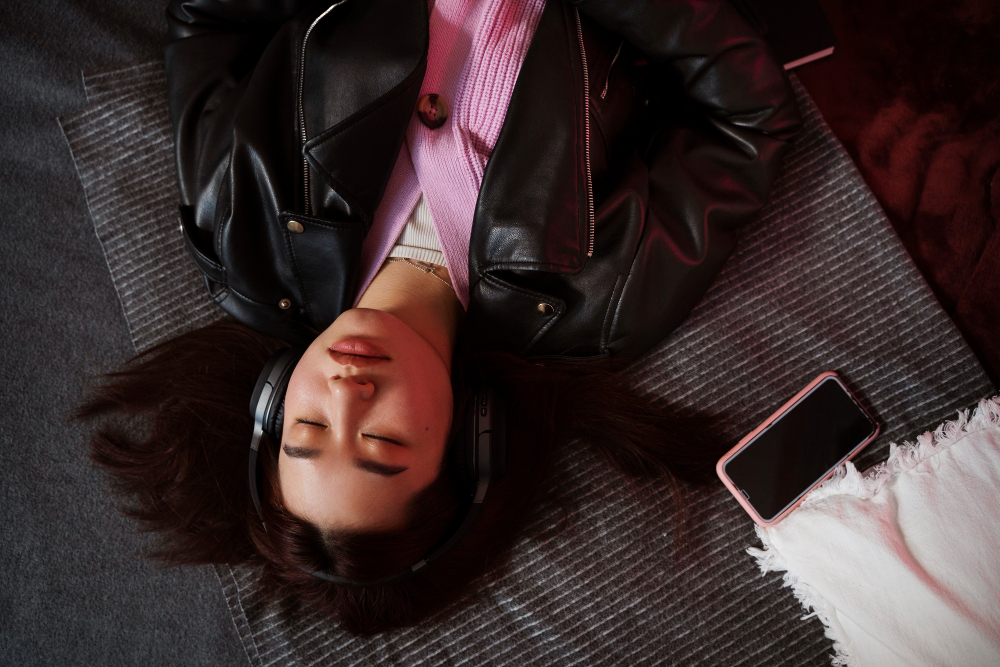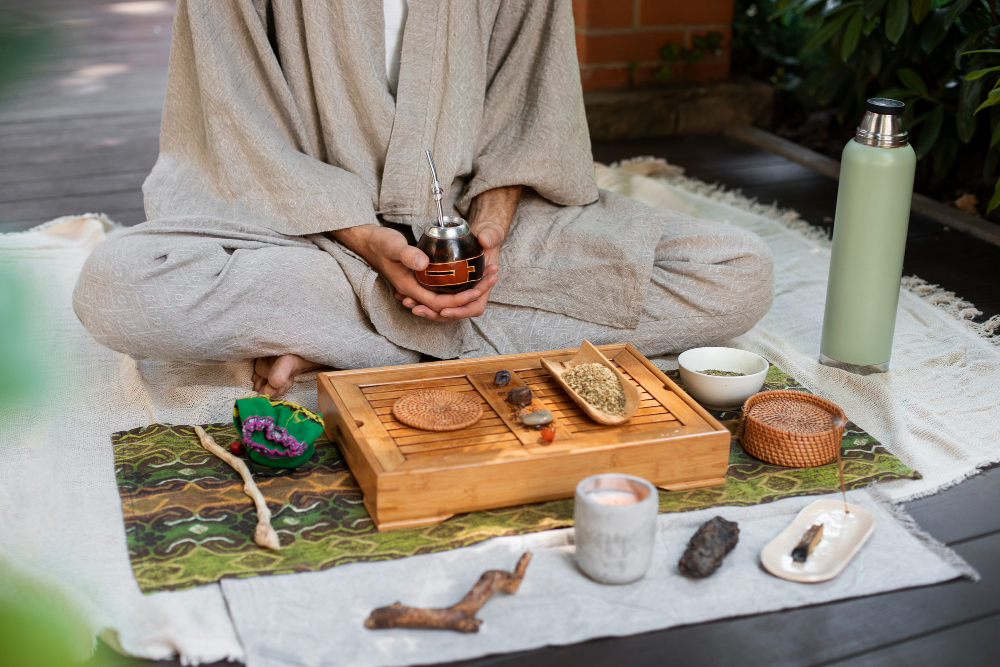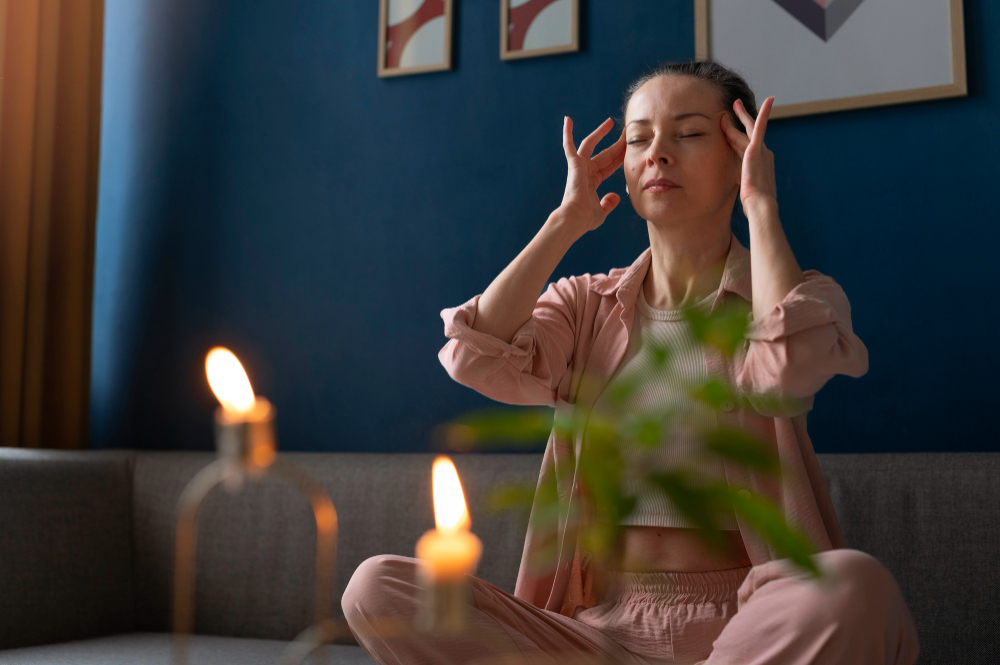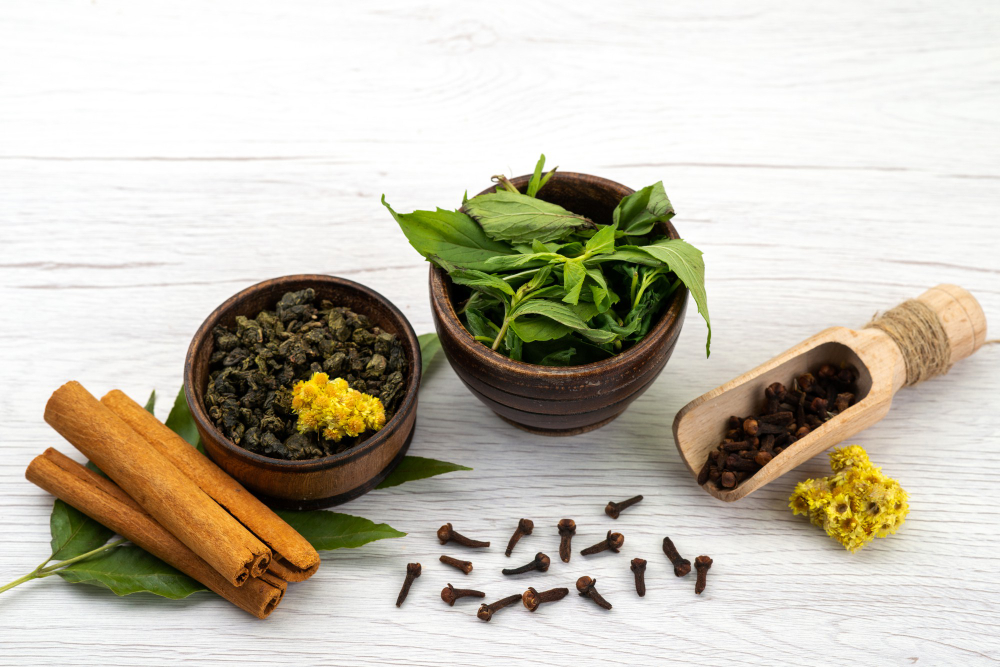
Aromatherapy is a holistic approach to well-being that has been used for centuries. This practice harnesses the power of essential oils to promote physical, emotional, and mental health. In this article, we'll delve into the world of aromatherapy, exploring its history, benefits, popular essential oils, and how it can enhance your overall wellness.
1. Introduction
Aromatherapy is more than just a pleasant fragrance; it's a therapeutic practice that dates back to ancient civilizations. By utilizing essential oils extracted from various plants, aromatherapy seeks to improve health and well-being.
2. What is Aromatherapy?
Aromatherapy, often referred to as essential oil therapy, is a holistic healing approach that involves the use of aromatic essential oils. These oils are extracted from plants, flowers, herbs, and trees and can be inhaled or applied to the skin. Aromatherapy can be used for relaxation, rejuvenation, and healing.
3. The History of Aromatherapy
Aromatherapy has a rich history that spans thousands of years. It has been practiced in ancient Egypt, China, and Greece. The Egyptians used essential oils in their religious ceremonies, while the Greeks incorporated them into their medicine. Aromatherapy has stood the test of time and continues to provide therapeutic benefits in the modern world.
4. How Does Aromatherapy Work?
Aromatherapy works by stimulating your olfactory system, which is responsible for your sense of smell. When you inhale essential oils, the scent molecules travel to your brain and can influence various systems in your body, including your mood, emotions, and physical well-being.
5. Benefits of Aromatherapy
The benefits of aromatherapy are extensive and encompass both physical and mental health. Aromatherapy can help reduce stress, alleviate pain, improve sleep quality, boost mood, and enhance cognitive function. Its versatile nature makes it a valuable addition to your wellness routine.
6. Popular Essential Oils for Aromatherapy
Aromatherapy relies on a variety of essential oils, each with its unique properties and benefits. Some popular essential oils used in aromatherapy include lavender, peppermint, eucalyptus, and tea tree oil. These oils are renowned for their therapeutic effects.
7. Aromatherapy and Stress Relief
One of the most common applications of aromatherapy is stress relief. Essential oils like lavender and chamomile can promote relaxation and reduce anxiety. Aromatherapy can be a powerful tool for managing the stresses of daily life.
8. Aromatherapy for Better Sleep
Aromatherapy can also help improve sleep quality. Scents like lavender and cedarwood are known to induce a sense of calm, making it easier to fall asleep and enjoy a restful night.
9. Aromatherapy and Emotional Well-Being
Aromatherapy is closely linked to emotional well-being. The practice of inhaling uplifting scents like citrus or rosemary can elevate your mood and help combat feelings of sadness or lethargy.
10. Aromatherapy and Physical Health
In addition to emotional well-being, aromatherapy can have a positive impact on physical health. Some essential oils possess antibacterial, anti-inflammatory, and analgesic properties, making them useful for minor ailments and pain management.
11. Aromatherapy in Everyday Life
Incorporating aromatherapy into your daily routine is easy. You can use essential oil diffusers, add a few drops of oil to your bath, or apply diluted essential oils to your skin. The versatility of aromatherapy makes it accessible for everyone.
12. How to Use Aromatherapy Safely
While aromatherapy offers numerous benefits, it's essential to use essential oils safely. Always dilute oils, perform a patch test, and consult a professional if you have underlying health conditions.
13. DIY Aromatherapy Blends
Creating your own aromatherapy blends can be a fun and personalized experience. Experiment with different essential oils to create unique scents that suit your preferences and needs.
14. Aromatherapy and Mindfulness
Aromatherapy can enhance mindfulness practices by creating a calming and focused environment. Incorporating aromatherapy into meditation or yoga sessions can help you achieve a deeper state of relaxation and self-awareness.
15. Conclusion
Aromatherapy is a natural and versatile approach to wellness. With its long history, wide range of benefits, and easy integration into everyday life, it's no wonder that aromatherapy has remained popular for centuries. Enhance your well-being and vitality through the power of essential oils and aromatherapy practices.
FAQs
- What is aromatherapy?
Aromatherapy is a holistic healing approach that uses aromatic essential oils to promote well-being. - Are there any risks associated with aromatherapy?
Aromatherapy is generally safe when used correctly, but it's essential to dilute oils and use them with caution, especially if you have underlying health conditions. - How can I use aromatherapy in my daily life?
You can use aromatherapy through essential oil diffusers, topical application, or by adding a few drops to your bath. - Can aromatherapy help with stress and anxiety?
Yes, aromatherapy can help reduce stress and anxiety by using calming essential oils like lavender and chamomile. - Are there any essential oils to avoid during aromatherapy?
Some essential oils can be irritating or harmful when used incorrectly. It's crucial to research and use oils safely.

